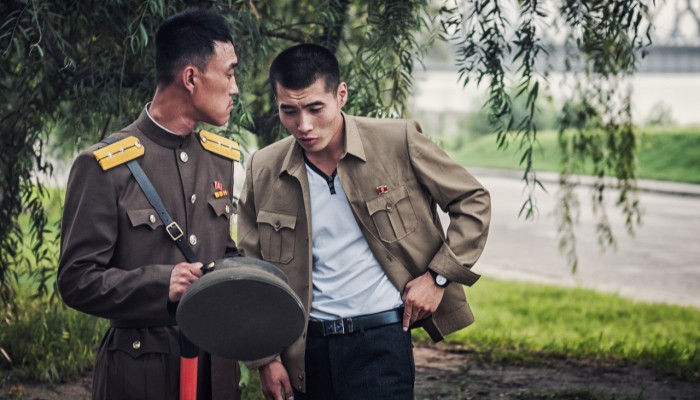A Case for Altruistic Smuggling and Human Emotion
In the summer of 1999, I started following North Korean refugees as a researcher. I was at the border town in China, just a few miles from North Korea, interviewing North Korean women and children who crossed the borders illegally in search of freedom, food, shelter and employment. North Korea and China have a bilateral treaty that forcibly sends “illegal border-crossers” back to the other side of the borders. Underground aid organisations run by South Korean religious groups, mostly Christian missionaries but also Buddhists, as well as Korean-Chinese, were helping these North Koreans.
Witnessing tens of highly malnourished and vulnerable North Koreans in the precarious conditions in China was nerve-racking and filled with shock, compassion and sadness. I could have been arrested if caught by the Chinese authority. As a young scholar, drawn to this overwhelming emotion and a naïve mission to help North Koreans, I started my long professional and academic journey to study North Korea.
Since then, it has been 18 years I’ve followed and observed North Korean refugees in China, Thailand, South Korea, the United Kingdom and lastly Australia. I’ve met not just asylum seekers and settled refugees themselves but also those who have helped them in one way or another, Christian missionaries, aid workers, human rights activists, smugglers, South Korean government officials, and human rights officers at the UN. I‘ve grown sceptical about the separate notions of people smuggling as a criminal activity and asylum seeking as forced migration. In reality, smuggling and asylum seeking often happen concurrently and with many difficult decisions people have to make and justify. There is no clear one to blame.
Many underground churches and aid organisations in China helping North Korean refugees are run by South Koreans or Americans. In the name of God, Christian missionaries rescue and shelter North Koreans, often involving smugglers who charge them for moving North Koreans down south, cross the borders to Southeast Asia. Sometimes, aid workers themselves smuggle North Koreans, paid by their donors. A few North Koreans become smugglers themselves. They are people smugglers who break the Chinese and international laws against transnational organised crimes, but they do it for what they believe as holy purposes. They call themselves as the ‘saviour of North Koreans’.
People smuggling is a transnational organised crime but it’s increasingly intertwined with forced migration. When it happens, the smuggling aspect dominates the state reaction over a humanitarian cause. States send smuggled migrants back to where they’re from, regardless they’re refugees or not. It’s not just China but Australia, too.
The so-called ‘saviours’ of North Koreans likes to see refugees as repressed helpless starving victims, not as migrants with their own agency. The three most well-known North Koreans in the media are Kang Chol Whan, Shin Dong Hyuk and Park Yeon Mi, all of who claim to be victims of political repression, child labour, and rape. The media loves shocking human tragedy and donors love something bad turning good, scars to stars, and tears to smiles. The ‘saviours’ like refugees to be eternally grateful, and don’t understand when refugees say they want to go back to North Korea or leave the country they sought the first asylum for a better asylum. ‘Saviours’ feel betrayed by the ones they think they saved.
It is this delicate human emotion, compassion, altruism, gratefulness, and betrayal that is deeply embedded in contemporary refugee stories that we see a linear happy ending from evil to good. But what I found and will continue to find is the evolutionary process of human migration, whether it’s voluntary or forced, whether it’s legal or illegal, that seek a safer place to live for them and their next generations.
Image credit: Huniewicz, M. (2016).
